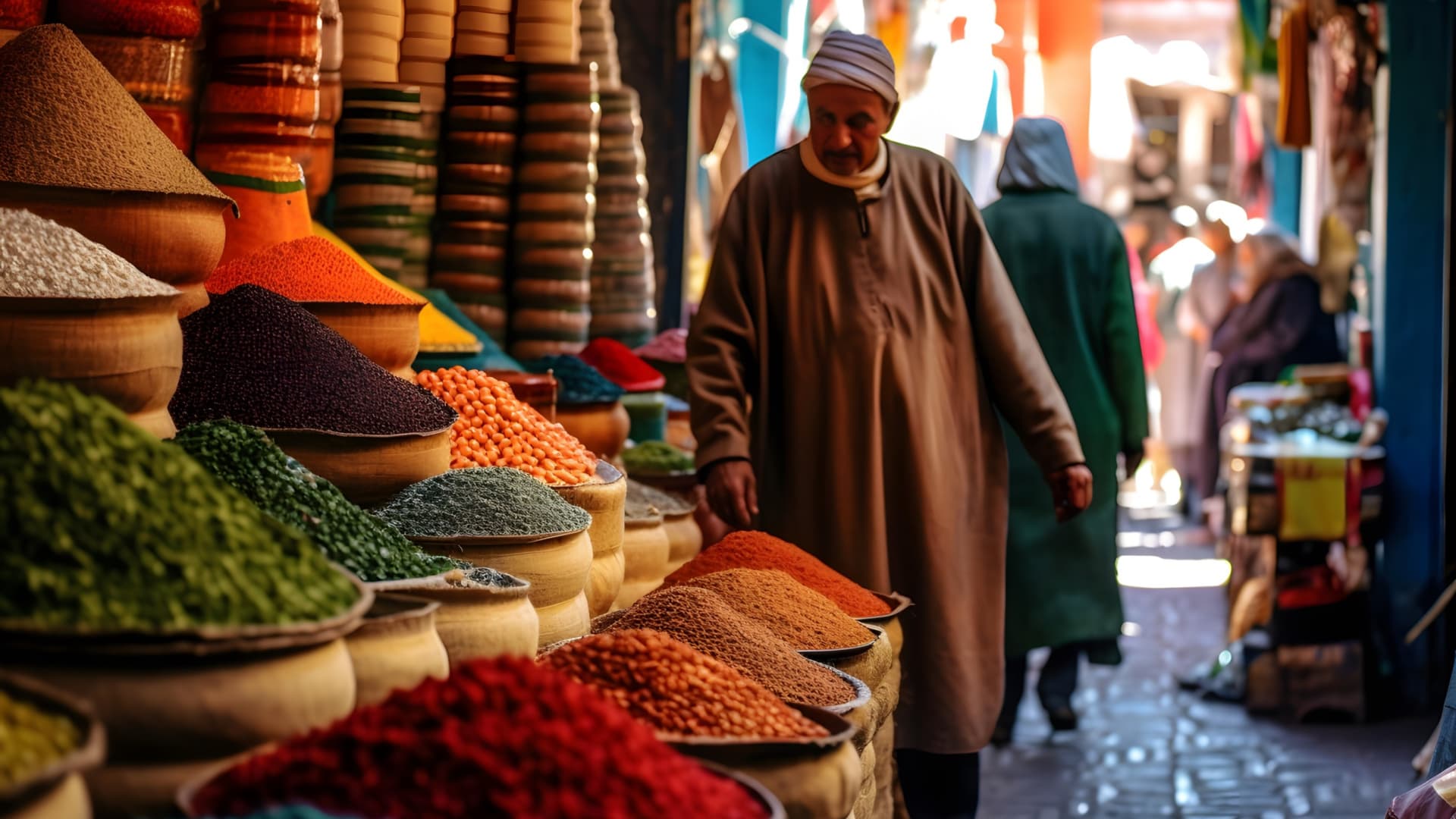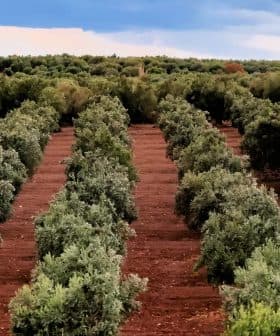 10.0K reads
10.0K readsNews Briefs
Morocco Bans Olive Oil Exports in Bid to Control Rising Prices

Morocco has approved a decree to ban olive oil exports in order to address rising prices domestically, following similar measures taken by Turkey and Syria due to increasing olive oil prices. Despite being Africa’s second-largest olive oil producer and exporter, Morocco’s decision to ban exports could contribute to further price increases in Europe, as global prices are expected to continue rising with a poor harvest anticipated in Spain.
Morocco’s agriculture ministry has approved a decree to ban olive oil exports to stem skyrocketing prices on the domestic market.
The announcement makes Morocco the third major olive oil-producing country to implement an export ban after officials in Turkey took similar measures in August, followed by Syria in September.
Officials in both countries also cited rising olive oil prices in their decisions to implement the export prohibitions.
See Also:Why Olive Oil Prices Are Higher in SpainCurrently, one liter of olive oil in Morocco retails from anywhere between 120 and 150 dirhams (€11 to €14), roughly 64 percent higher than the average price of August 2022. Morocco’s average monthly salary after tax is about 3,900 dirhams (€360).
Rachid Benali, president of the Moroccan Olive Interprofessional, said the measure aims to “protect the purchasing power of Moroccan consumers.”
Despite a poor harvest last year, which the government blamed on drought, Morocco remains Africa’s second-largest olive oil producer and exporter behind Tunisia.
According to data from the International Olive Council, the country produced 156,000 tons of olive oil and exported 28,000 tons in the 2022/23 crop year.
Officials in the agriculture ministry attributed the rising olive oil prices in the country to shortages across the Mediterranean following the lowest level of global production since the 2016/17 crop year.
While farmers and officials in Morocco are hopeful that the coming harvest will exceed the previous one, global prices are expected to continue rising, with another very poor harvest anticipated in Spain, the world’s largest producer.
Even as officials seek to lower prices at home, Morocco’s decision to ban exports could contribute to further price increases in Europe.
According to data from Spain’s Ministry of Industry, Trade and Tourism, roughly 3 percent of the country’s total olive oil imports came from Morocco in the first seven months of 2023. Meanwhile, 11 percent came from Turkey and 2.5 percent from Syria in the same period.
Making up 16.5 percent of Spanish imports in the first seven months of 2023, nearly 18 million kilograms of olive oil, some officials warn that the combined bans will further limit supply and keep upward pressure on near-record prices.
“If a supplier stops supplying people who do not have as much, let’s say that the situation that exists at the moment worsens, and there is a lower availability of oil in the market, consequently,” Rafael Pico Lapuente, the executive director of the Spanish Association of Olive Oil Exporters, Industry and Commerce (Asoliva), told The Objective.









